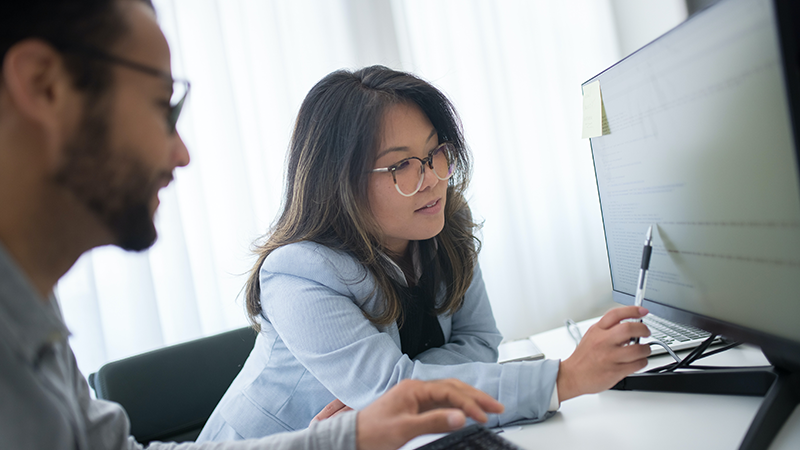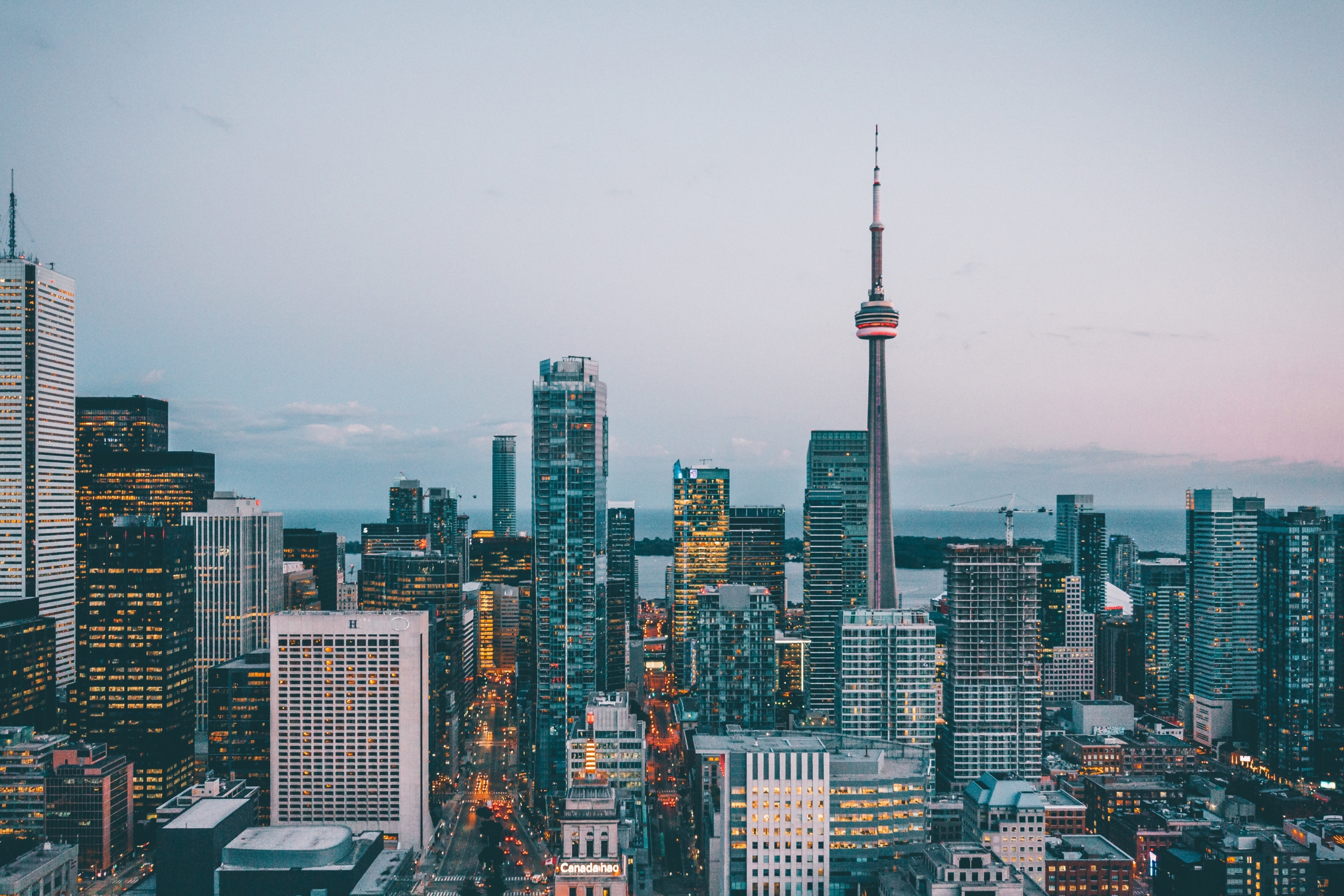By Santosh Prasad – GBC’s Director for International Affairs
Hurray! You have been accepted to the Schulich School of Business. You are ready to start a new chapter in your life in Toronto. Hopefully you have already taken care of your visa and study permit and figured out your accommodation, but you might wonder: what do I need to pack in my suitcase?
Exactly one year back, I had the same question lingering in my mind. After the intense GMAT and admission experience, in the middle of the visa application process, we tend to overlook the packing experience. Packing for a small holiday can be difficult, but packing for study abroad for 2 years can be near impossible. You’re constantly packing, unpacking, packing again, checking that you’ve got everything, and then you realize you’ve forgotten your toothbrush. Get used to it. It will happen more than once. What you need is a packing list. I’ve put together everything I thought you could possibly want or need when you study here in Schulich, Toronto. You can find my version of a suggested Packing List. Of course, no two people are the same, so consider this list a starting point. Just think wisely and only buy the items that are truly needed. Then, in time, if space—and budget—allow, you can pamper yourself and buy things you don’t truly need.
Packing Tip #1: Many things can be purchased easily in Toronto. Consider airline weight restrictions when deciding what to bring or leave!
Documents
Do keep your passport and other travel documents handy. Check out Citizenship and Immigration Canada’s official document list so you know what to bring. I would suggest keeping the originals and a set of photocopies along with you in the carry-on bag and few sets of photocopies in your luggage. Also, you should keep a hard copy of the list of important addresses and contact numbers with you. You never know when your cellphone’s charge gives up on you.
It is also a good idea to bring cash with you when you arrive, to pay for your initial transportation and any other incidental expenses upon arrival. Of course, Canadian dollars is what is used in the country but if it is difficult or expensive to obtain you can also bring American dollars which can be competitively and easily exchanged in the country. Credit cards are widely accepted in Toronto but it is always a good idea to have cash just in case your card doesn’t work.
Clothing and Toiletries
Pack a reasonable amount of clothing that will prepare you for the relatively cold fall season in Canada. You would not require winter jackets/boots right at the start of the semester in September (it will still be warm here! J), but do bring your sweaters and sweatshirts as it will start to get cooler in the evenings. You can always buy good quality winter jackets and boots here. Also, make sure you bring at least 2 business suits/attire for formal presentations, case competitions, information sessions, recruitment sessions and interviews.
You will probably require at least one bath towel, bed linens and basic toiletries on the very first day of your arrival, so have them ready!
Toiletries can take up a good amount of space in your luggage and provide a ton of unneeded weight. It’s really a game time decision, and if it were me, I would just buy them here. If you want, bring a couple travel sizes of your favorite toiletries, that way you don’t have to run to the store the first time you need a shower.
Packing Tip #2: Rolling your clothes tends to be a more space efficient method than simply laying them flat in your suitcase.
Laptop and Electronics
You can either bring your laptop or buy one here. The laptops here are not as cheap as you may think unless you catch a Black Friday Sale, Canada Day or Boxing Day sale. Also, you would absolutely require your laptop from second week of your program, if not the first. So, do consider the shipping time of the laptops if you are planning to buy one here online. Specifications of the laptop are a personal choice. You will not require a very high end laptop for the program, but you would want to keep it as portable as possible, to make it easy for you to move between classes and team meetings.
Canadian appliances operate at 110 volts and 60 Hz and use a Type A (two-pin) or Type B (three-pin plug. If you are bringing appliances from home, be sure to check the voltage and purchase an adaptor/converter if necessary.
Packing Tip #3: Make sure you backup all your important files onto an external hard drive or consider keeping them online in Google drive or Dropbox, in case your laptop gets stolen or develops a fatal error while travelling.
Food and Eateries
Toronto is a cosmopolitan city and you will get food and restaurants from all over the world, but I am sure you will be cooking your own food and will definitely miss some of the dishes from your home country. We do have specialty grocery stores catering to cuisines from various countries like India, China, Korea, Nigeria, etc., however, if you have room, you may want to pack a few herbs, spices and condiments from your country for that initial kitchen setup. You can also bring along packed or canned ready to eat food with you as well, just make sure what you are bringing meets Canada’s regulations You don’t want that delicious food to be confiscated!
To know more about what can you bring in terms of food, Please refer here.
Packing Tip #4: I’m not trying to rag on airlines, but no matter how advanced their luggage tracking is, they will still lose bags. Save some space in your carry-on for a change of clothes etc. and some basic toiletries which are allowed.
Memories
Do bring the photos of your family and friends that you can put up in your new bedroom – to ease your homesickness. Every country has something that is representative of their culture. Make sure to bring something that you love from home, and share that love with others.
Most importantly: Do not forget your sense of humor, curiosity and adventure!








Leave A Comment